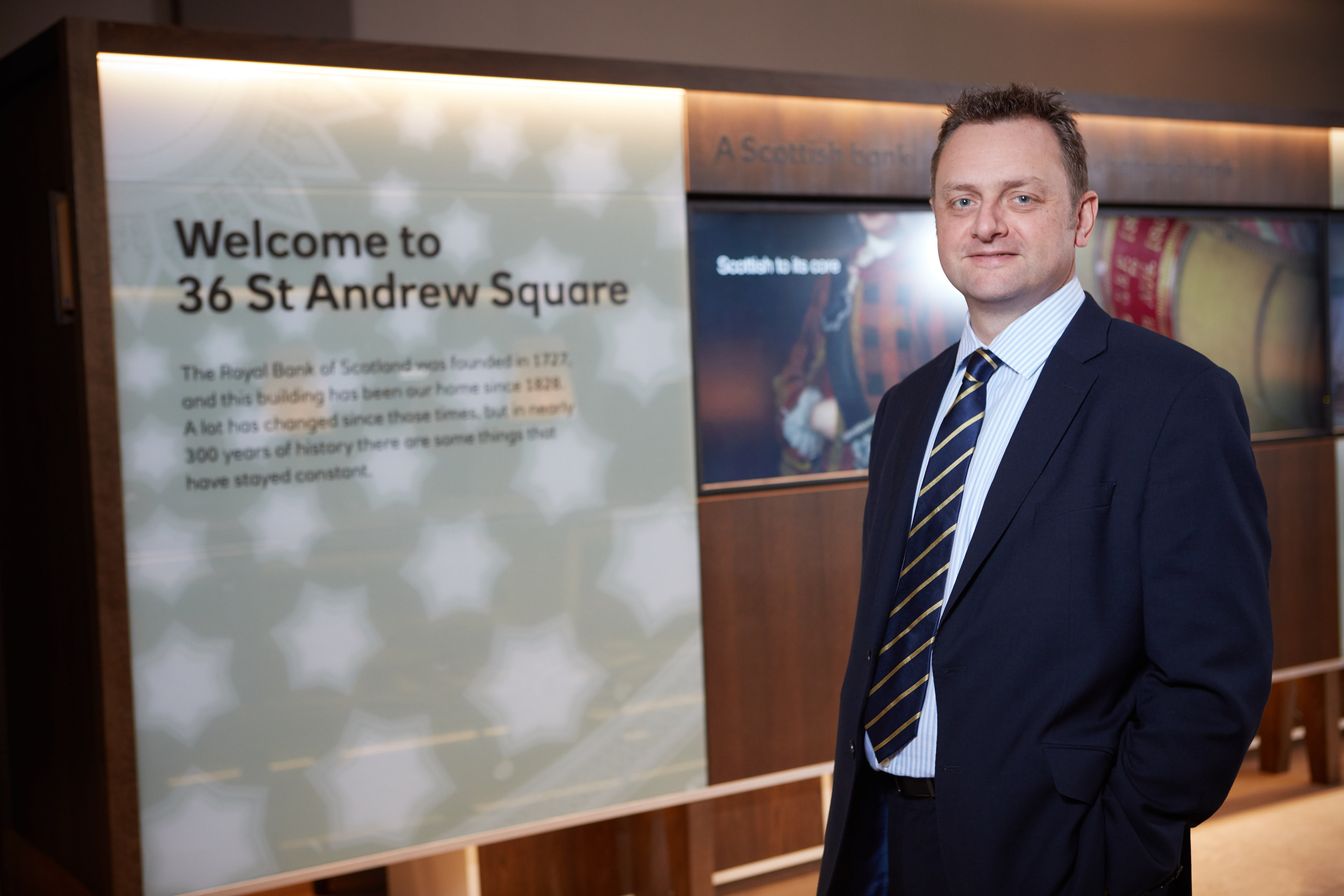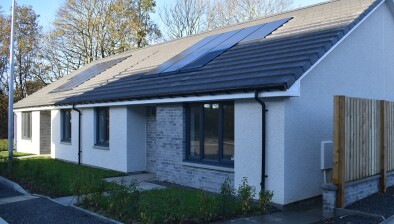RBS: Private sector activity declines for first time since May
Private sector business activity declined for the first time in five months in October, as service sector growth eased whilst the manufacturing downturn continued, according to the latest Royal Bank of Scotland PMI.

Malcolm Buchanan, chair, Scotland board, Royal Bank of Scotland
The PMI revealed that weighing on operating conditions was the fastest fall in new business since July 2016, alongside a further decline in employment that was the sharpest for over a decade.
Survey respondents frequently attributed falls in output and new business to continuing Brexit uncertainty.
The seasonally adjusted headline Royal Bank of Scotland Business Activity Index - a measure of combined manufacturing and service sector output - fell from 50.0 in September to 49.6 in October, signalling a fractional contraction in private sector output at the start of the fourth quarter.
The downturn was centred on the manufacturing sector, which reported the fastest fall in output for nearly nine years. Output growth in the service sector eased and was only marginal.
Overall demand conditions were unfavourable in October. Incoming new business declined for the third consecutive month, and at the quickest rate since the aftermath of the EU referendum in July 2016, with panellists linking the fall to political uncertainty.
The reduction was broad-based across sectors, with new business falling for the first time since May in the service sector and for the fourteenth month running at manufacturers.
In line with weaker market conditions, employment declined in October. The fall extended the current sequence of reduction to four months and was moderate overall. Moreover, the rate of job shedding in Scotland was the quickest since July 2009.
Lower new orders allowed firms to reduce outstanding business for the thirteenth month in a row. The latest reduction was sharp and the fastest since November last year.
Input prices continued to increase in October, as has been the case in every month since February 2016. Firms linked the increase, which was sharp overall, to unfavourable exchange rates. That said, the rate of cost inflation was among the slowest in the aforementioned sequence.
Concurrently, average prices charged by private sector firms across Scotland rose moderately. Moreover, of the 12 monitored UK areas, the rate of charge inflation in Scotland was slower than only the South East.
Looking ahead, business confidence dipped in October. Albeit still optimistic overall, the level of positive sentiment among Scottish firms fell to the weakest since July 2016. Panellists noted that continued Brexit uncertainty had weighed on confidence.
Malcolm Buchanan, chair, Scotland board, Royal Bank of Scotland, said: “For the first time since May, Scotland’s private sector registered a deterioration in operating conditions during the month in October, following a stagnation of business activity in the previous survey period. The manufacturing sector drove the downturn, reporting a fifth consecutive monthly decline in output that was the fastest since the snow-related dip in December 2010, while growth in services eased.
“October data also highlighted the fastest fall in new business for over three years, to signal further weak demand conditions amid uncertainty. Employment across Scotland’s private sector continued to shrink during the latest survey period, with the rate of job shedding the fastest for more than a decade.
“A murky outlook towards activity growth over the next year persisted, with the level of sentiment across the Scottish private sector the weakest since the aftermath of the EU referendum in July 2016.”








